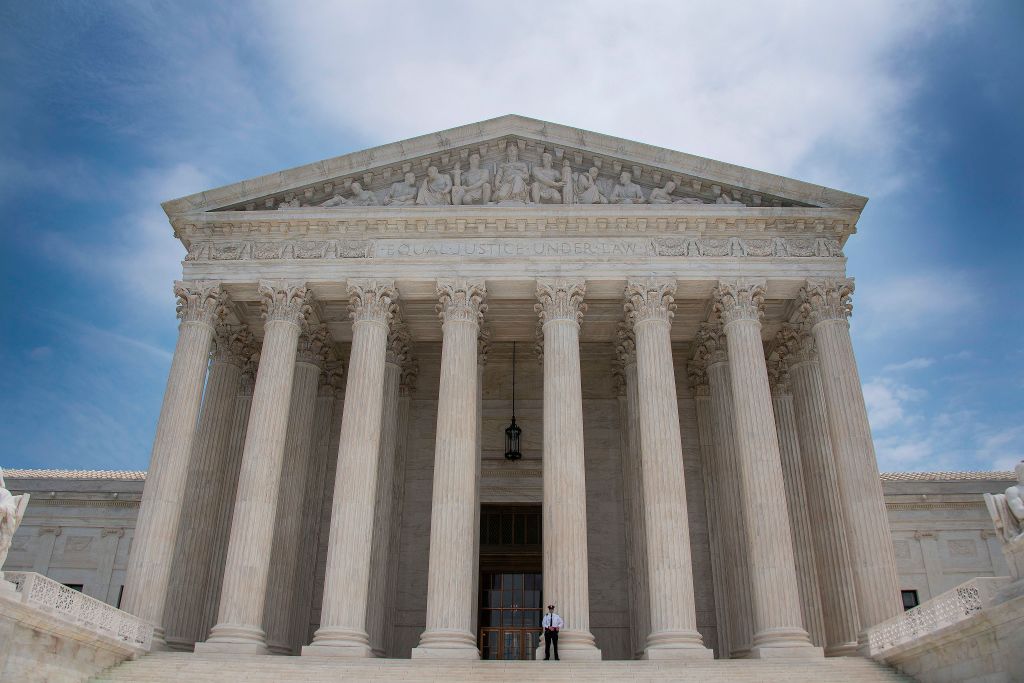
May 1, 2024
ACLU Announces Supreme Court Victory For Workplace Equality
The Supreme Court's ruling on the Muldrow v. City of St. Louis case was applauded by the ACLU for its strides toward workplace equality.
The ACLU announced a major win for workplace equality following a Supreme Court ruling issued on April 17.
The court’s decision on Muldrow v. City of St. Louis stated that Title VII protections of the Civil Rights Act prohibit discrimination in making lateral transfer of employees. The plaintiff, Jatonya Clayborn Muldrow, claimed that the city discriminated against her with an employment transfer and denial of her own request due to her sex.
Muldrow worked as a plainclothes officer in the St. Louis Police Department from 2008 to 2017 until a new Intelligence Division commander requested her replacement by a male officer. Despite Muldrow wishing to stay, the department reassigned her to another role. Although her pay and rank were unaffected, the new assignment lacked the same perks she once had.
Upon challenging the decision, Muldrow faced obstacles at the U.S. Court of Appeals for the Eighth Circuit. They ruled that Muldrow had to prove a “material employment disadvantage” from the transfer and denied the request. The court also ruled that it was not enough that the transfer impacted the “conditions” of her employment.
However, the Supreme Court affirmed that Title VII protects employees like Muldrow from such discriminatory, disadvantageous transfers. In their decision, they stated that employees do not have to prove the disadvantage “satisfies” a certain level of significance.
“Although an employee must show some harm from a forced transfer to prevail in a Title VII suit, she need not show that the injury satisfies a significance test,” detailed the court document. “Title VII’s text nowhere establishes that high bar.”
Deputy Director of the ACLU’s Women’s Rights Project, Ming-Qi Chu, praised the court’s decision.
“Today’s Supreme Court decision is an enormous win for workers. Courts have too often dismissed cases under the ‘materially’ or ‘significantly’ adverse standard when employees have meritorious discrimination claims. This heightened standard contradicts the statute’s text and undermines Congress’s plan of eliminating discrimination in employment in passing Title VII.”
Furthermore, the organization noted how opponents of DEI may paint this ruling as a “danger” to further their cause. However, Chu emphasized how conservative actors against DEI use “fearmongering” to shut the training and initiatives down.
She wrote, “The fearmongering of DEI opponents has no basis in law and fundamentally misunderstands how most DEI programs work. The purpose of DEI and other remedial workplace programs is to improve the process by which employment decisions are made and close the gap in opportunities among workers. They do not disadvantage any particular worker. This is why they have long been held lawful. These scare tactics are trying to chill employers’ commitment and investment in expanding workplace opportunities. We won’t let them.“
Efforts to eliminate DEI programs continue to spread across companies and higher-ed institutions. However, this ruling only seeks to provide equality in the workplace, affirming that the severity of workers’ claims does not have to reach a certain threshold.